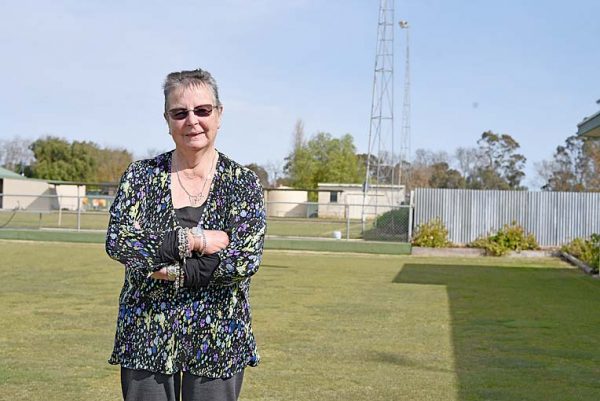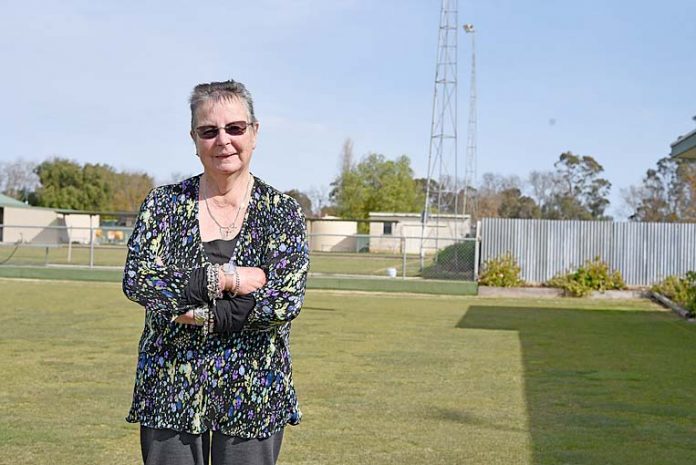
A PENOLA sporting club is currently in a stand-off with a protected native bird species which has claimed the community facility as its own territory during nesting season.
The congregation of masked lapwings – commonly known as plovers – has settled at Penola Croquet Club, which has been unable to host home games for weeks due to the birds’ protective behaviour.
Club members have been forced to travel to Naracoorte or Casterton twice a week to continue their season, with the neighbouring bowls club also hindered during competition.
Wattle Range Council has stepped in to garner a solution, contacting the Department of Environment and Water to request intervention given the species’ protected status, prohibiting any contact by members of the public.
It is not a new problem for the club with birds believed to have used its facilities in the nesting season for the past five years, leading to club members resorting to travel to avoid any protective behaviour.
Penola Croquet Club member Lesley Hunter said it was an ongoing issue with no solution in sight.
“The (latest) problem originally began around five weeks ago when the plovers began nesting,” Ms Hunter said.
“Because of their continued disturbance we cannot play on the field and we have to travel to either Naracoorte or Casterton twice a week.
“Council has told us that because they are a protected species, it cannot remove them.
“If someone can catch them then we can move them but it is a bit disappointing there is nothing that can be done.”
Ms Hunter said the costs associated with regular travel was impacting on its funds.
“We have to make up for these missing funds through fundraising such as raffles,” she said.
“The only solution we can think of is to move them.”
Ms Hunter said the plovers were “quite aggressive” towards local players.
“We have also spoken to Natural Resources South East and they said they cannot do anything either,” Ms Hunter said.
“The plovers just hang around the place until their young ones leave the nest but during that time we cannot even play on our own grounds.”
Natural Resources district ranger Ross Anderson said the issue was quite common among the breed of plover, which is known to be aggressive.
“The plovers are usually aggressive due to them protecting their eggs and interestingly enough, it is extremely rare for anyone to be contacted by them,” Mr Anderson said.
“But it is common for people to be swooped as they are protective birds.”
Mr Anderson said the birds make a warning sound when first feeling threatened before trying to lead people away from their nests.
“The birds final stage of protection is swooping,” he said.
The district ranger said there was little intervention that could be done when moving nests as it could cause the bird to “leave the nest.”
“This would then classify as a failed nesting, but in rare circumstances we will take the nest and move the birds.”
Mr Anderson urged members of the public to contact their local ranger if they are concerned about the species’ behaviour.








